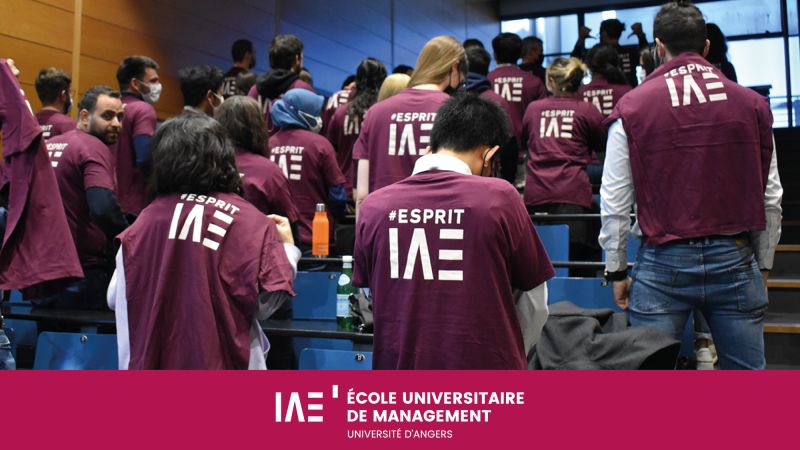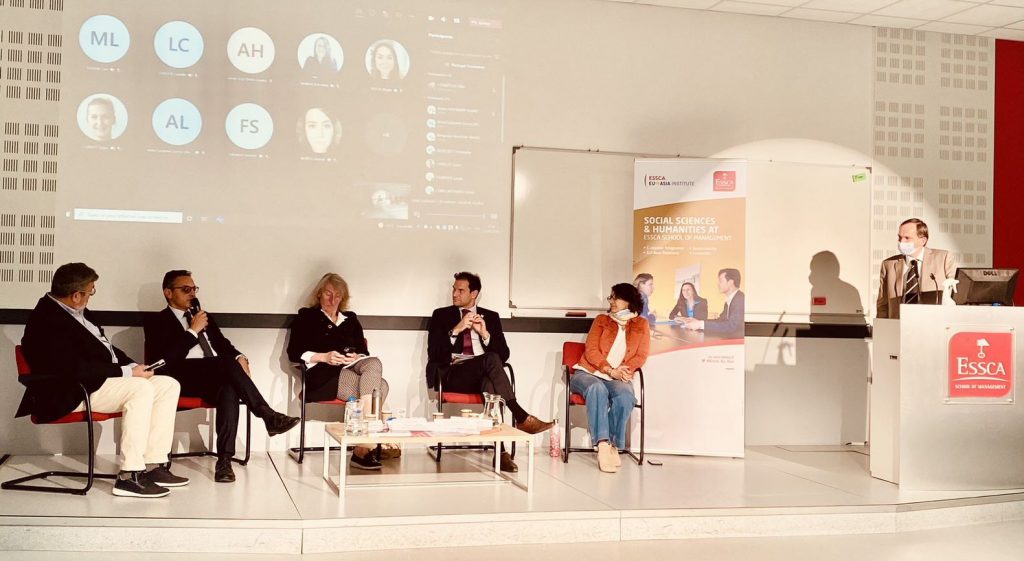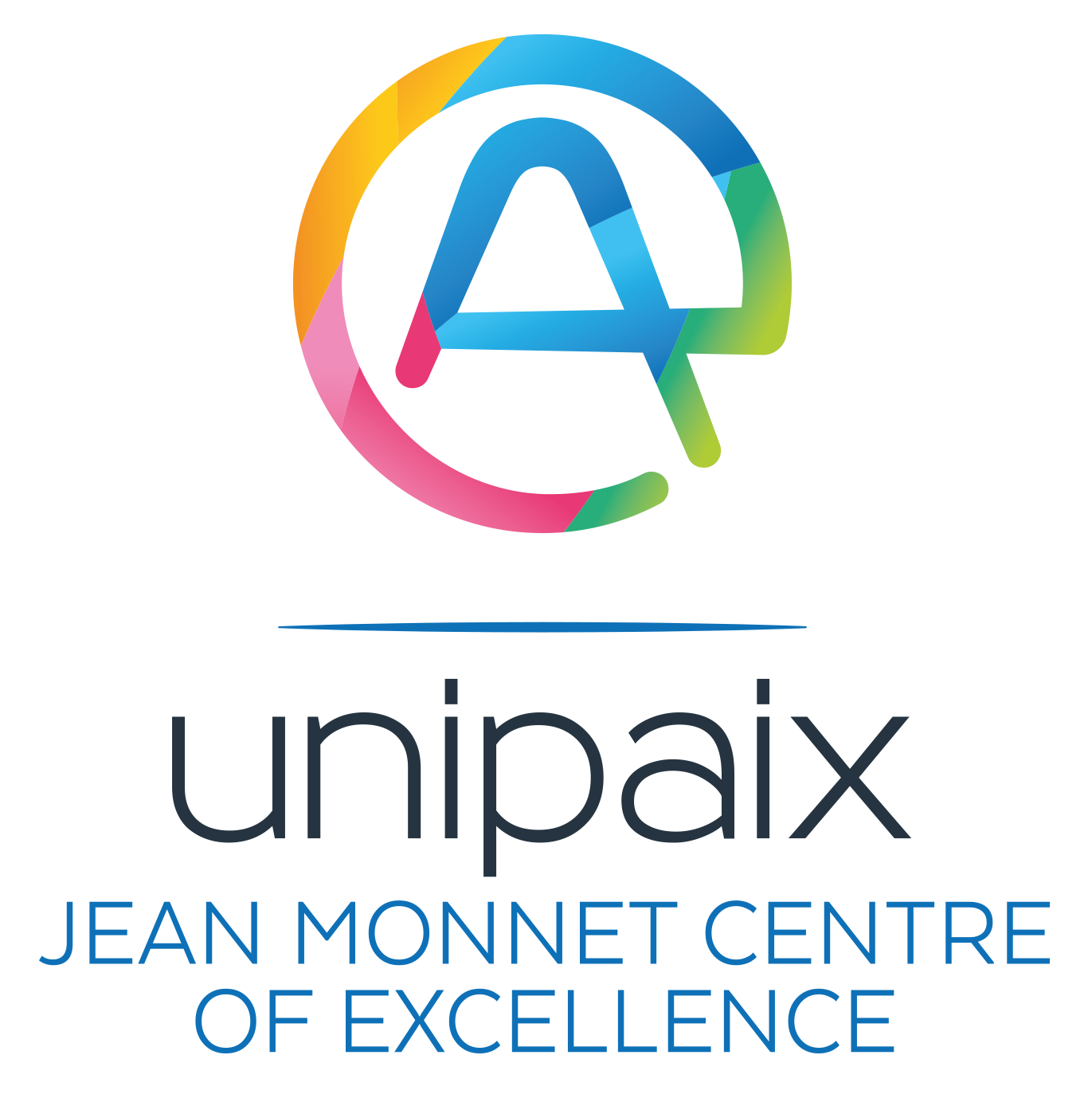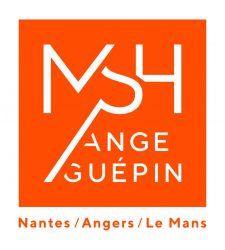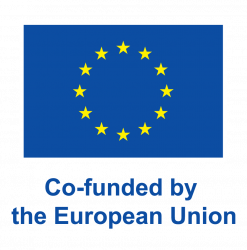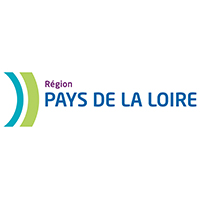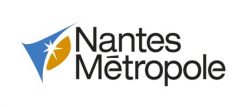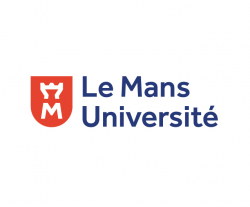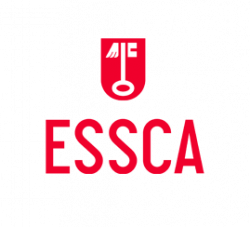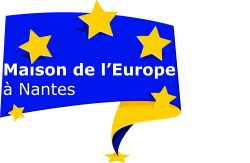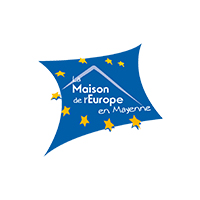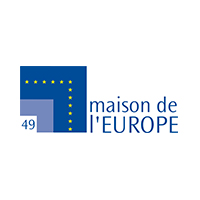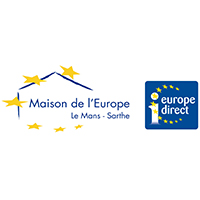Master – International Relations and Conflicts in Europe and in the Atlantic World
Basic Information
Duration: 2 years
This is one of the three courses gathered under the heading "History, Civilizations and Heritage". Its aim is to deepen and consolidate academic knowledge through advanced theoretical teaching and to prepare students for professional life, thanks to practical teaching and professionalization modules.
Our students can become specialists in issues related to diplomacy, international relations throughout history and experts in politics, strategy, security and defence.
Employment opportunities
- Doctorate
- Teaching/Research
- Administrative contests
- Private sector: jobs related to journalism, administrations, NGOs
International dimension
- Language Courses
- International mobility
Professionalization
- Mandatory internship
- Tutored project
Information and admission
Access to the master is selective, based on academic record for:
- Students holding a bachelor's degree in history/history of art. Those students will have to define their research topic with one of the members of the teaching team before registering.
- Foreign students (same procedure).
- Students holding a Master 1 in History/History of Art from the University of Nantes may enroll in the second year provided that they have validated all the UEs and obtained a mark of 10/20 in their DIR.
- Students holding a Master 1 and coming from another university may enroll in the second year after examination of their record by the admission committee of the Master.
Possibility of access through validation of prior experience.
Faculty and diploma's supervisor
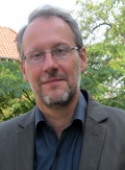
STANISLAS JEANNESSON
Professor of contemporary history at the University of Nantes and member of the CRHIA
Stanislas Jeannesson is a specialist in the history of international relations in the 20th century and the evolution of diplomatic practices. He is Professor of Contemporary History at the University of Nantes and a member of the CRHIA. His research focuses in particular on the place of Europe in the international system, from the European Concert to the European Union, and on the existence of a European diplomatic culture. He has published several books and articles on the emergence and affirmation of the European idea, particularly in the inter-war period, and on the dynamics and resistances that affect the project of a united Europe. He has been teaching the history of the European idea and construction for 15 years, at all bachelor’s and master’s levels, first at the University of Paris IV-Sorbonne and then at the University of Nantes. Stanislas Jeannesson is also editor-in-chief of the journal Monde(s), which seeks to rethink the history of continental areas in the context of the permanent connections that they constantly maintain.
Stanislas Jeannesson is the coordinator of Alliance Europa’s Research Axis 3 “Europe in the World”.
Faculty of History, History of Art and Archaeology – University of Nantes
Located on the Tertre campus in Nantes, the UFR of History, Art History and Archaeology aims to train students by offering Bachelor’s, Master’s and Doctorate degrees and to develop a research policy at national and international level.

